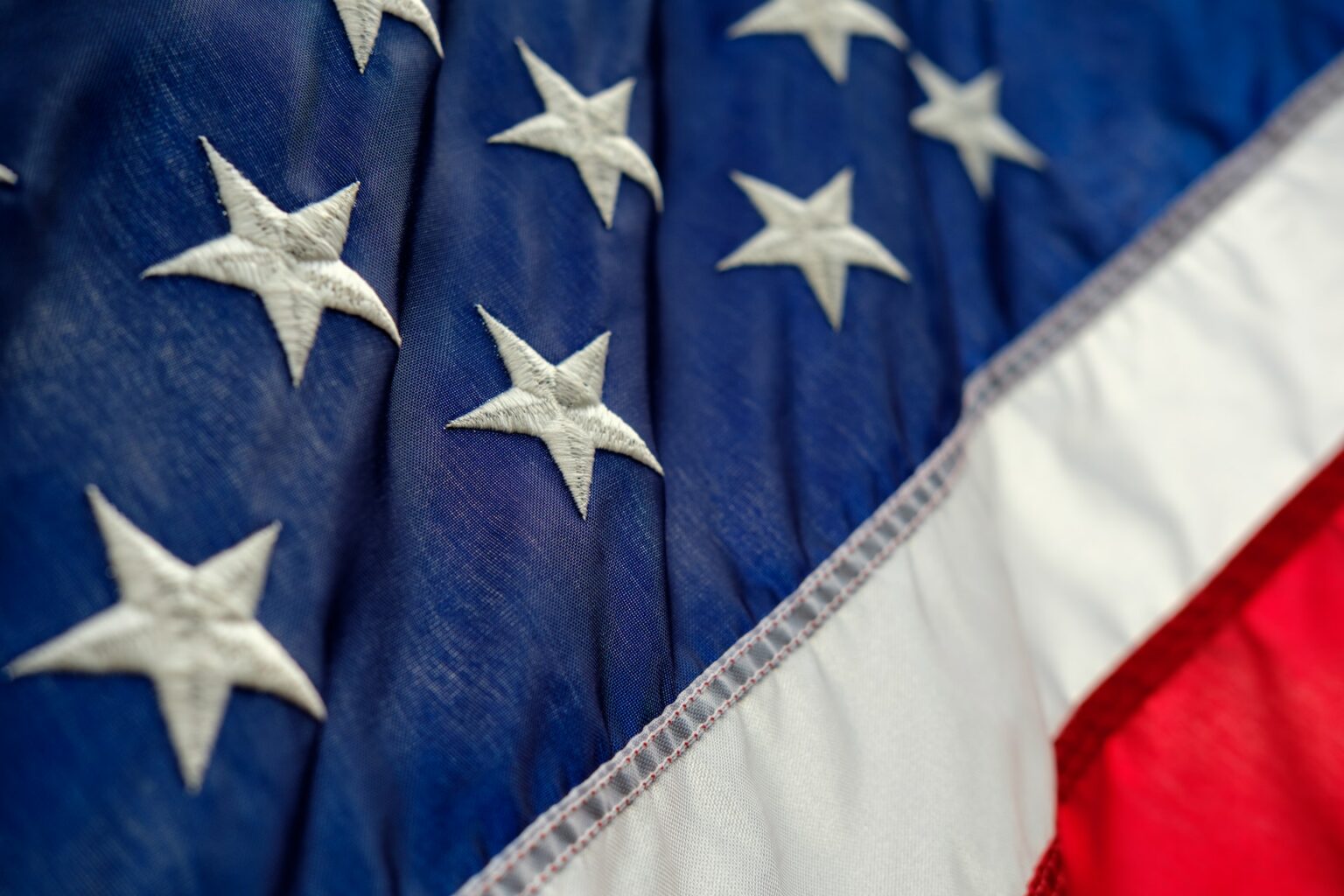Another one bites to dust.
On Wednesday, Chris Christie is poised to make a formal announcement, expected to entail the suspension of his presidential campaign. The former two-term governor of New Jersey, vying for the Republican nomination for the second time, disclosed plans for a significant speech. Sources within Christie’s campaign have verified that he will indeed be halting his pursuit of the presidency.
Christie, facing an uphill battle in a race overshadowed by the influence of former President Donald Trump, had been under mounting pressure from fellow Republicans and voters to conclude his candidacy. The objective was to lend support to Nikki Haley, a formidable contender seeking to narrow the gap with Trump. Haley, a former two-term governor of South Carolina and subsequent United Nations ambassador in the Trump administration, has experienced a surge in popularity, emerging as the primary rival to the former president, now in his third consecutive bid for the White House.
Last week, Christie acknowledged to reporters, “I’ve also said I also know when I’m not doing well, and I dropped out after the New Hampshire primary eight years ago because I didn’t do as well as I thought I would. I have no interest in doing this if it doesn’t lead to success. So that’s the bottom line.”
Despite being recognized as one of the GOP’s most effective communicators, Christie, once a staunch Trump ally, evolved into one of the former president’s most outspoken Republican critics. Initially elected as governor of predominantly Democratic New Jersey in 2009 and convincingly re-elected in 2013, Christie made his first presidential bid in the 2016 cycle. However, his campaign faltered after a disappointing sixth-place finish in the New Hampshire primary, where Trump dominated.
Christie was an early supporter of Trump, becoming the first among the 2016 GOP contenders to endorse him. He played a prominent role as an external advisor to the then-president, heading Trump’s high-profile commission on opioids. Their alliance soured after Trump’s unsuccessful attempts to overturn the 2020 election results, leading to a public falling out.
Contemplating a 2024 presidential run for over a year and a half, Christie officially declared his candidacy in June of the previous year. Similar to his 2016 strategy, he invested heavily in New Hampshire, a state where independent voters and moderates significantly influence the primary. Known for his assertive political style, reminiscent of Trump’s, Christie criticized his rivals for not confronting the former president more aggressively. He positioned himself as the only contender capable of challenging Trump on the debate stage, although Trump opted not to participate, denying Christie the anticipated face-to-face confrontation.
Christie’s exit from the race adds to the dwindling field of Republican presidential contenders. Earlier withdrawals include North Dakota Governor Doug Burgum, who ended his bid last month; Senator Tim Scott of South Carolina, who withdrew in November; and former Vice President Mike Pence, who suspended his campaign on October 28 during a speech at the Republican Jewish Coalition’s annual leadership summit in Las Vegas, Nevada.
Additional candidates who failed to qualify for GOP presidential debates had already suspended their campaigns. This group includes former CIA spy and ex-Rep. Will Hurd of Texas, Mayor Francis Suarez of Miami, Florida, business leader and quality control expert Perry Johnson, and 2021 California gubernatorial recall election candidate and former conservative talk radio host Larry Elder.
While some have exited the race, former Arkansas Governor Asa Hutchinson, considered a long-shot for the nomination, remains in contention. The landscape of the Republican field continues to evolve, shaping the trajectory of the party’s presidential aspirations.
